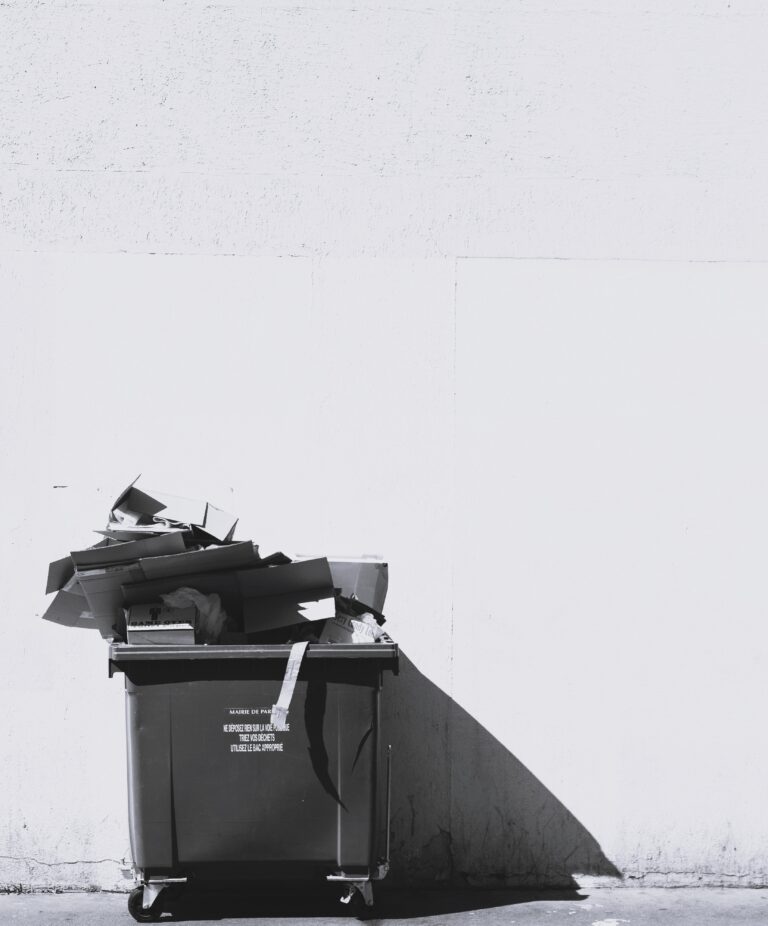
Environmental Compliance
Global environmental regulations require manufacturers and importers to review and responsibly manage the environmental effect their products have at end of life or disposal. Numerous regulations, many of them from the EU, govern such requirements, like WEEE, Batteries and Packaging and Packaging Waste Directive, Batteries Directive.
Extended Producer Repsonsibility
Extended Producer Responsibility (EPR) is an environmental policy that makes producers responsible for the entire life cycle of the products that they place on the market, from the design until end of life (including waste collection and recycling).
Under EPR regulations, liable companies must mitigate the environmental impacts of their products throughout the entire product life cycle.
Restricted Substances
The European Union has established safety regulations to protect people and the environment from the presence of hazardous materials in products placed on the EU market, two of the most prominent being REACH and RoHS.
While EU REACH and RoHS regulations overlap in some areas, companies must understand the differences between the two in order to ensure compliance and avoid the risk of unknowingly violating the law.
Become Compliant
Each EU member state has its own unique laws and obligations regarding Extended Producer Responsibility (EPR). Acting in compliance with these obligations can be challenging due to varying regulations and reporting requirements. Producers are left alone to navigate this complex landscape, taking valuable time away from their core business.
Onexpert is your full-service partner in Environmental Compliance, offering:
Taking responsibility of your environmental compliance
One single point of contact
In-depth knowledge
Registration at the take back systems and relevant authorities
Regular and annual reporting on your behalf
PACKAGING
EU rules on packaging cover all types of packaging and packaging waste placed on the European market. This means all materials, and packaging including industrial, commercial, household and other sectors.
WEEE
There are many different recycling laws and take-back obligations for WEEE (Waste of electrical and electronic equipment) throughout the world. The most common (and probably best known) directive is the European WEEE directive 2012/19/EU.
Battery
Batteries generally contain hazardous substances like lead, cadmium and mercury. Therefore they have to be collected and recycled responsibly. EU rules on batteries aim to make batteries sustainable throughout their entire life cycle – from the sourcing of materials to their collection, recycling and repurposing
Textile
By 2023, textile products sold in the EU must be long-lasting, recyclable, made with recycled fibres, free of hazardous substances and produced with adverse and social environmental impacts.
REACH
If your company is bringing products into the market, then you will have to deal with the REACH legislation. REACH not only applies to chemical substances (like for example inkt or paint) but also applies to all products and their packaging.
RoHS
The RoHS is a directive regulating the manufacture, import and distribution of Electronics and Electrical Equipment (EEE) within the EU, which restricts the use of serveral hazardous materials.